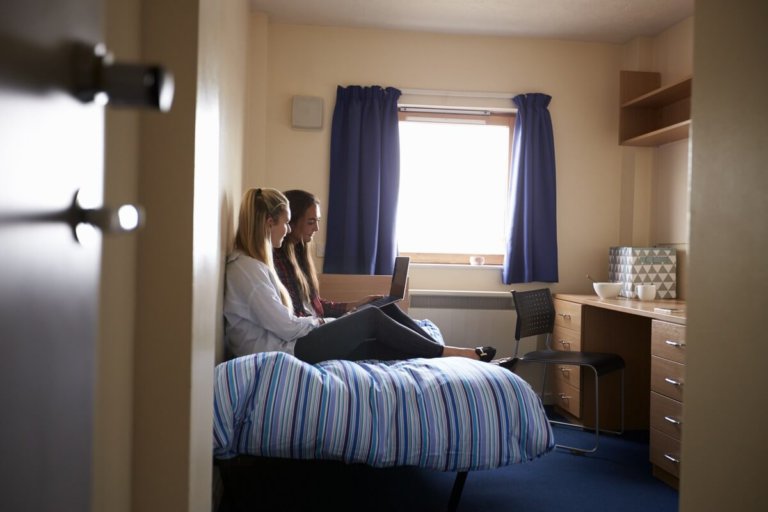
Is private student housing in the UK up to par? If recent events serve as any indication, the answer would be a resounding no.
Issues regarding private student housing in the UK has been an ongoing problem.
For instance, back in 2017, a survey of over 2,000 students by Save the Student found that one in four complaints to landlords from students about poor housing conditions were not solved.
Almost half of respondents comprised of students who rent from a private landlord (47 percent).
Late last year, unfinished student housing had left students in a lurch at the start of their semester.
Some students were told a mere few days before they were due to move in that their accommodations were incomplete, plunging many into chaos as students scrambled to find temporary places to stay, including hotels, as many providers did not have contingency plans in place.
The experience also proved distressing for students, especially for first-years nervous about starting university.
Worse still, not all students were compensated following the delays.
Private student housing providers must step up their game
“Student accommodation affects several policy areas: the student experience and mental health, the cost and value for money of universities, and the impact of institutions on their local area.” https://t.co/gFLGnITw1t
— Rebecca O’Hare (@Rebecca_ResLife) February 19, 2020
Speaking about the issue, University of Plymouth’s vice-chancellor Graham Galbraith told The Guardian that more than 20 private student developments were late this year, and that this illustrates a deeper problem: the rise of private student accommodation providers which often have no agreement of any form with a student’s university.
“This matters because the private student accommodation sector is expanding,” he said.
“In 2014 two-thirds of halls of residences were provided by universities. Last year the private sector controlled more than 50 percent of the market. Private sector accommodation is also more expensive, estimated at 22 percent annually (excluding London).”
Galbraith makes several recommendations, including arguing that the government “wields huge power” on this issue as taxpayer-backed loans are the main source of income for these providers.
They could beef up regulation for private student accommodation so students are not left without effective rights when things go wrong, specify minimum contract requirements, and give the Office for Students powers to regulate accommodation providers.
“The government could also change the planning rules that make it easier and cheaper to build student accommodation than affordable housing. It could require a minimum number of affordable homes for every high-rise student block,” he said.
He added that “this is an expensive problem that needs to be addressed”.
“Does the government have the appetite to use its power? I assure ministers that I, and many of my vice-chancellor colleagues, stand ready to provide whatever support and input they need,” he said.
Liked this? Then you’ll love…
Will the UK’s student housing sector struggle with rising demand?
‘Disruption’: The growing problem of unfinished student accommodation in the UK







